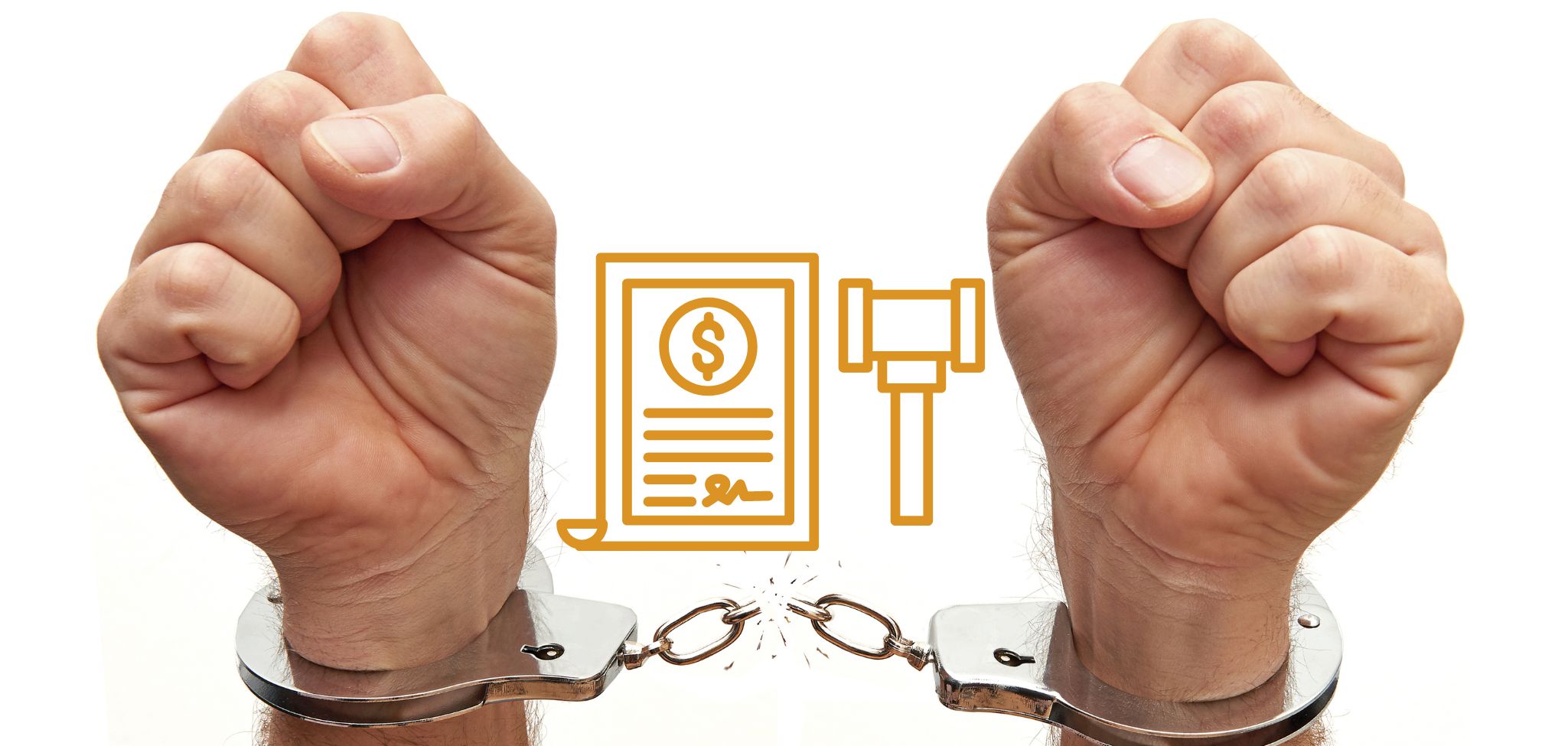In a nutshell…
Bail applications are a complicated process. A bail application seeks that the court place a level of trust in the accused person to be released back within society until their criminal matters are ultimately determined. If granted bail, conditions will be imposed which if breached, can have serious consequences.
Before making an application for bail, you need to be aware of both the obligations and responsibilities if your application is granted, what the possible conditions may be and what the consequences will be if you breach those conditions. You should seek legal advice immediately if you are considering making a bail application.
The Bail Process
How Do You Make A Bail Application?
If you are seeking to apply for bail you will need to make an application to the court and have it heard. Your application will need to cover the basis for why you are seeking bail, what conditions you are willing to agree to and most importantly, why the court should trust that you do not pose a risk to society.
The main contention for the court to consider is whether the individual will pose a risk to the community if released from custody. This may be a risk to a singular person, group of people or society as a whole. The conditions imposed under bail are designed to mitigate any risk the individual may pose. For example, if the criminal offending involves abuse of alcohol then a condition of bail may be a restraint on alcohol intake and a restraint from attending licensed premises.
Supporting documentation such as witness statements, character references, medical records, etc, can be extremely useful. Your prior criminal record/criminal history is an important factor for the court in determining whether you pose a risk if released.
What Is The Difference Between Magistrate’s Court and Supreme Court Bail Applications?
Specifically, there is no difference between the bail applications made in either court it is merely a difference in the standard which needs to be met for bail to be granted. Matters heard in the Magistrate’s Court are less serious than matters heard in the Supreme Court therefore the criteria for granting bail in the lower court is not as high.
Both courts rely on the principles of unacceptable risk however the nature of the matters heard in the Supreme Court are more serious and violent. For example, an individual will more easily be granted bail in the Magistrate’s court than the Supreme Court because the harm caused will be less.
Breaching Bail
Case Study
Caleb has been charged with assault against his wife and has been remanded until court. He has sought advice from his lawyer about making an application for bail so he can return home. His lawyer advises that one of the main factors the court will need to consider is whether he poses a risk to his wife, children or other members of the community if he is released.
Caleb’s wife required medical attention following the assault however she she was not required to be hospitalized. Caleb’s lawyers believe that he will need to attend anger management and counselling as well as be bailed to an alternate address if he has any chance of the court granting bail. It is likely to be deemed that he poses an unacceptable risk to his wife if personal protection orders are not put in place.
Caleb’s lawyer makes a bail application and is successful. Caleb is not to come within 50 meters of his wife or children and he is restrained from consuming alcohol or attending any licensed premises.
What Happens If You Breach Bail?
If you breach any of the bail conditions imposed by the court then your bail can be revoked and you can be remanded back into custody or prison. This could be to serve the remainder of your sentence or, in the event of further criminal offending, you may serve longer. An example may be that you are to remain overnight at a certain address yet on a routine check, you were not located at that address.
Can Bail Conditions Be Changed?
Yes, bail conditions can be changed or amended based on good behaviour. It is important to seek legal advice about altering your bail conditions in the event that they have become onerous or difficult to manage. The court will usually entertain an application for variation of bail conditions if good character can be shown.
Documentation is often required to provide evidence of why a variation should be granted. For example, if a curfew is imposed which requires that you be inside your designated residence overnight and this conflicts with work hours, documentation from your work would be required if you want to be successful in altering the curfew conditions.
Case Study
Brayden has been arrested by a police officer for possession of marijuana. He has been interviewed charged and is being bailed from police custody. This type of bail does not require an application to be made to the court subject to the bail act.
The police officer provided Brayden with all necessary paperwork and imposed bail conditions on him which must be adhered to between now and his court date in 5 weeks time. Brayden has no prior convictions and has agreed to attend court on the court date specified.
FAQS
What Are Common Bail Conditions?
Usual bail conditions may include any of the following;
- Check ins at the local police station;
- Requirement to appear in court (either, the local court, magistrates or Supreme);
- Written promise;
- Requirement not to approach witnesses;
- Personal protection clauses for victims;
- Restraints on certain community involvement;
- Restraints regarding drugs, alcohol or other illicit substances.
If Refused Bail, Can You Reapply?
Technically, yes you can apply if your bail application is refused however you should not attempt to do this without either fresh supporting evidence or a change in circumstances. If the court refuse bail they will not entertain a further application without one of the two factors being met. Continual applications can result in the court becoming impatient which can influence the courts decision overall.
Can A Bail Application Be Opposed?
Yes, a bail application can be opposed. If the prosecution case is that the individual poses a risk to society then they may oppose the granting of bail. There are various factors they may take into account including the possibility of further harm befalling the victim or the potential intimidation of witnesses.
If police oppose bail, this makes the task of the defence lawyer even more challenging as they not only need to convince the court, they need to counter act any argument put forward by the prosecution.
What Is Bail Authority?
Like any decision, courts take precedent cases or authorities into account when making decisions about bail. Bail laws only partially guide the court’s decision. It is a challenge to grant bail when there are ultimately so many unknowns and a great deal of faith is being placed in the defendant.
In a nutshell…
Bail applications are a complicated process and you should seek legal advice before trying to make an application on your own. There are various factors which need to be taken into account when making a bail decision including the type and severity of the criminal offence (alleged offence), prior criminal charges and history, whether bail concerns exist, and whether a temporary release would pose an unacceptable risk.
It is ultimately the decision of the magistrate or judge depending on which court an application is made in to consider the circumstances and decide whether to grant bail or not. Jameson Law have a team of expert criminal lawyers available to help you with all your criminal law needs.













